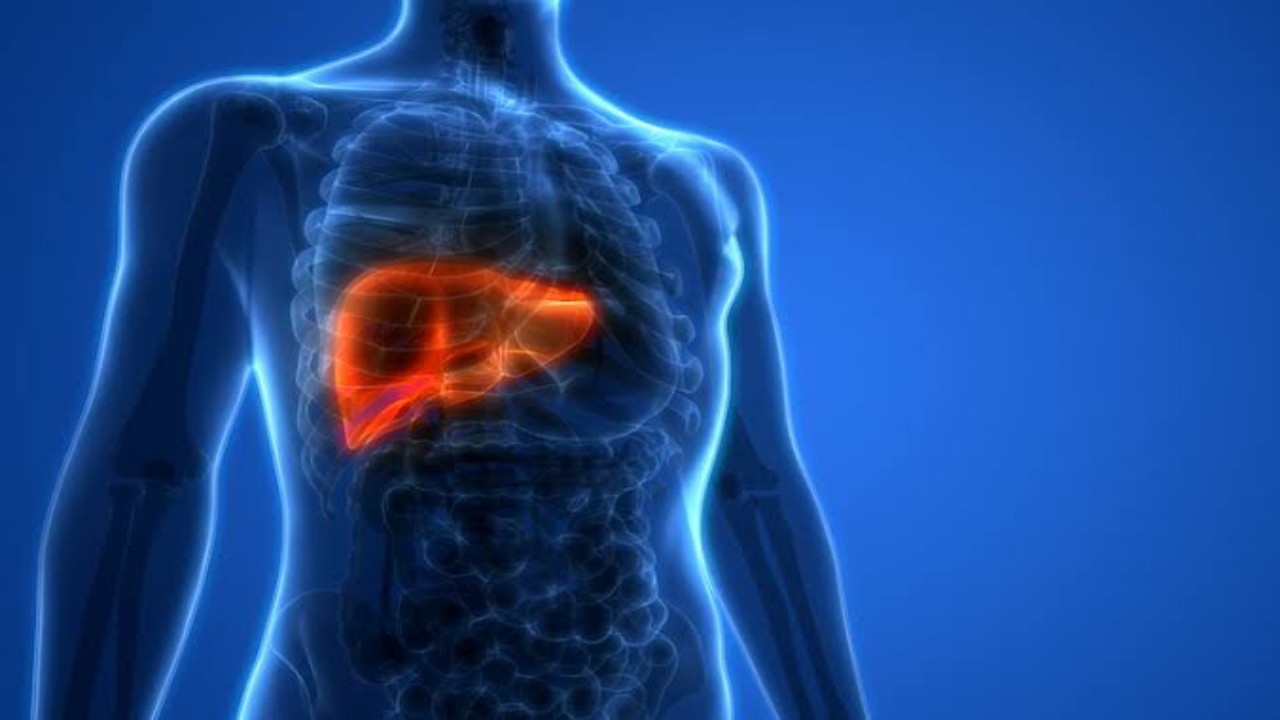

Cirrhosis of the liver in its early stages is frequently asymptomatic. Cirrhosis is frequently discovered during a regular blood test or checkup. A combination of laboratory and imaging tests is frequently performed to help confirm a diagnosis.
Your doctor may request one or more tests to see if you have a liver disease, such as:
Blood tests may be ordered by your doctor to look for indicators of liver disease, such as high in bilirubin levels, as well as certain enzymes that signal liver damage. Creatinine levels in your blood are measured to determine renal function. Hepatitis viruses will be tested on you. Your blood’s ability to clot is also tested using an international normalised ratio (INR).
Your doctor may be able to diagnose the underlying cause of cirrhosis based on the findings of the blood tests. He or she may also conduct blood tests to determine the severity of your cirrhosis.
Imaging tests are performed. MRE (magnetic resonance elastography) may be suggested. The liver hardening or stiffening is detected with this noninvasive advanced imaging technique. Other imaging tests, such as an MRI, CT scan, or ultrasound, may be performed as well.
Biopsy. For diagnosis, a tissue sample (biopsy) is not always required. Your doctor, on the other hand, may use it to determine the severity, extent, and source of liver damage.
If you have cirrhosis, your doctor will most certainly recommend routine diagnostic testing to check for indicators of disease progression or complications, including esophageal varices and liver cancer. For monitoring, noninvasive tests are becoming more widely available.
Cirrhosis treatment is determined by the cause and severity of the damage to your liver. Treatment aims to reduce the progression of scar tissue in the liver, as well as to prevent or treat cirrhosis symptoms and complications. Severe liver damage may necessitate hospitalisation.
Cirrhosis is treated by treating the underlying cause.
By treating the underlying cause of cirrhosis early on, it may be possible to limit liver damage. Amongthe choices are:
• Alcoholism rehabilitation. Cirrhosis caused by excessive alcohol consumption should be avoided if at all possible. Your doctor may recommend an alcohol addiction treatment programme if quitting drinking is tough.It is vital to stop drinking if you have cirrhosis since any amount of alcohol is hazardous to the liver.
• Loss of weight. Cirrhosis caused by nonalcoholic fatty liver disease can be improved if the patient loses weight and keeps their blood sugar under control.
• Hepatitis treatment medications. Through particular therapy of these viruses, medications may reduce additional damage to liver cells caused by hepatitis B or C.
• Medications to treat cirrhosis’s additional causes and symptoms. Certain types of liver cirrhosis can be slowed down with medication. Medication, for example, may greatly slow the course of primary biliary cirrhosis in those who are detected early.
Your doctor will seek to address any cirrhosis consequences, such as:
• You have too much fluid in your body. Controlling ascites and swelling may be easier with a low-sodium diet and medicines to prevent fluid buildup in the body. Fluid buildup that is more severe may necessitate draining techniques or surgery to relieve pressure.
• Hypertension in the portal veins. Certain blood pressure drugs can help avoid serious bleeding by lowering the pressure in the veins that supply the liver (portal hypertension). At regular intervals, your doctor will do an upper endoscopy to check for swollen veins in the oesophagus or stomach (varices) that could bleed.
• Infections. Infections may be treated with antibiotics or other medicines. Vaccinations for influenza, pneumonia, and hepatitis are also likely to be recommended by your doctor.
• Increased risk of liver cancer. Periodic blood tests and ultrasound exams to check for symptoms of liver cancer will most likely be recommended by your doctor.
• Hepatic encephalopathy is a type of encephalopathy caused by liver disease. To assist lessen the buildup of toxins in your blood owing to poor liver function, you may be offered medicines.
Keep reading successyeti.com
Also Read: Cirrhosis: Causes And Symptoms
In today's article, we will learn the importance of happiness and how to maintain it…
Today, we will look at three common mistakes couples make in their relationships regarding intimacy…
In this article, we will learn about the simple ways that can help one overcome…
Check out the list of couples' biggest relationship mistakes in this article.
In this article, we will learn about anxiety and how one can handle it in…
In this article, you will understand the horrifying effects of child abuse.